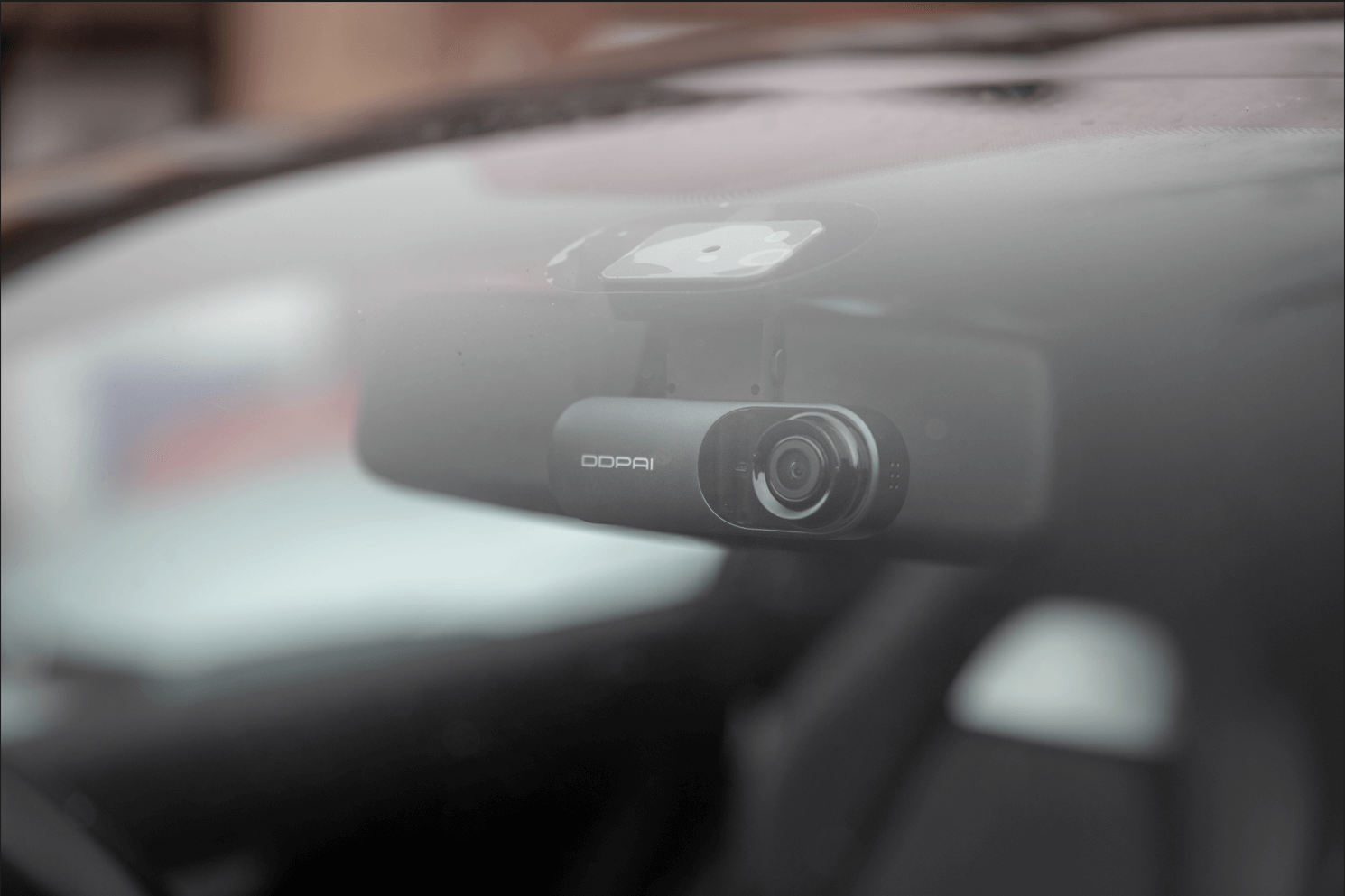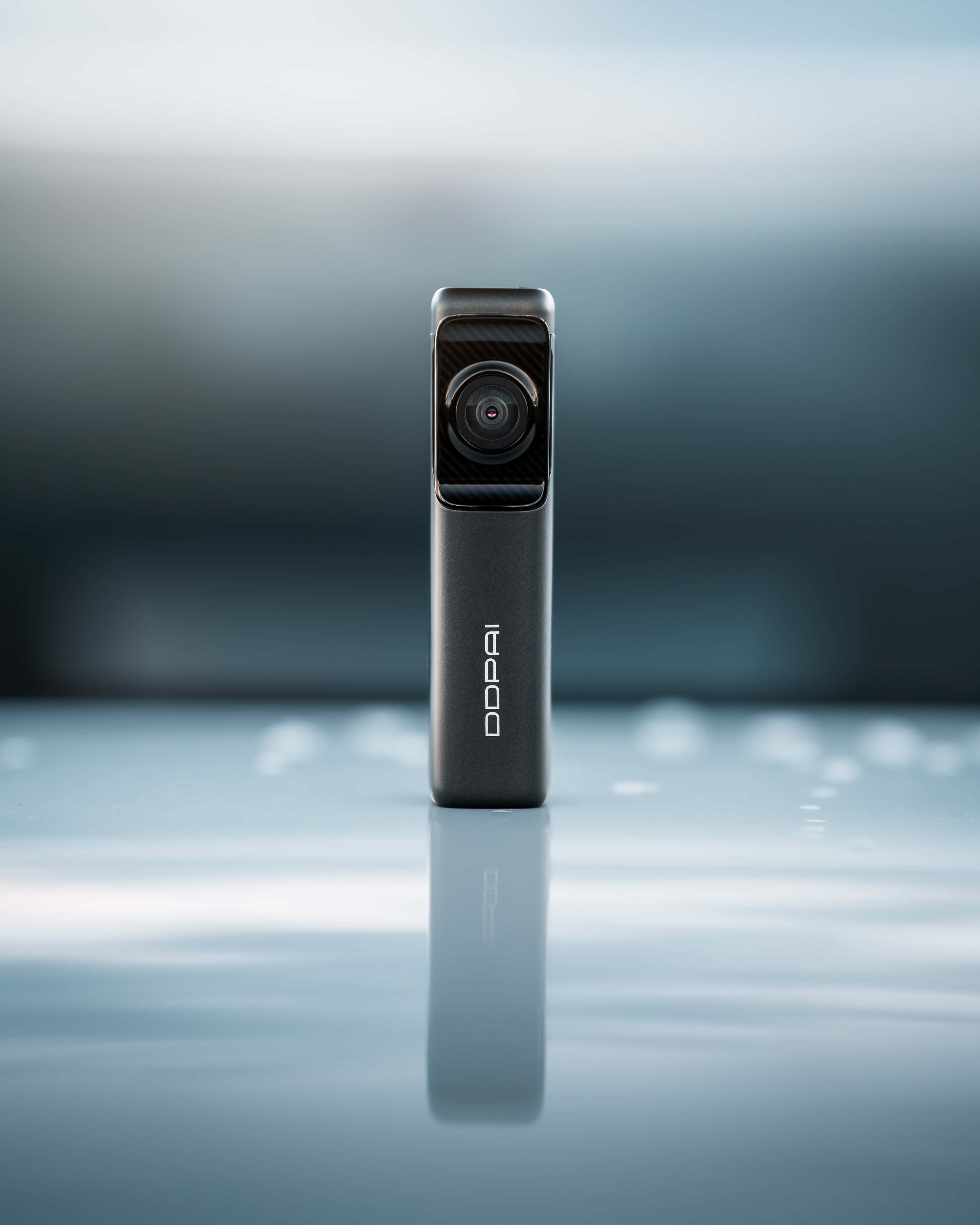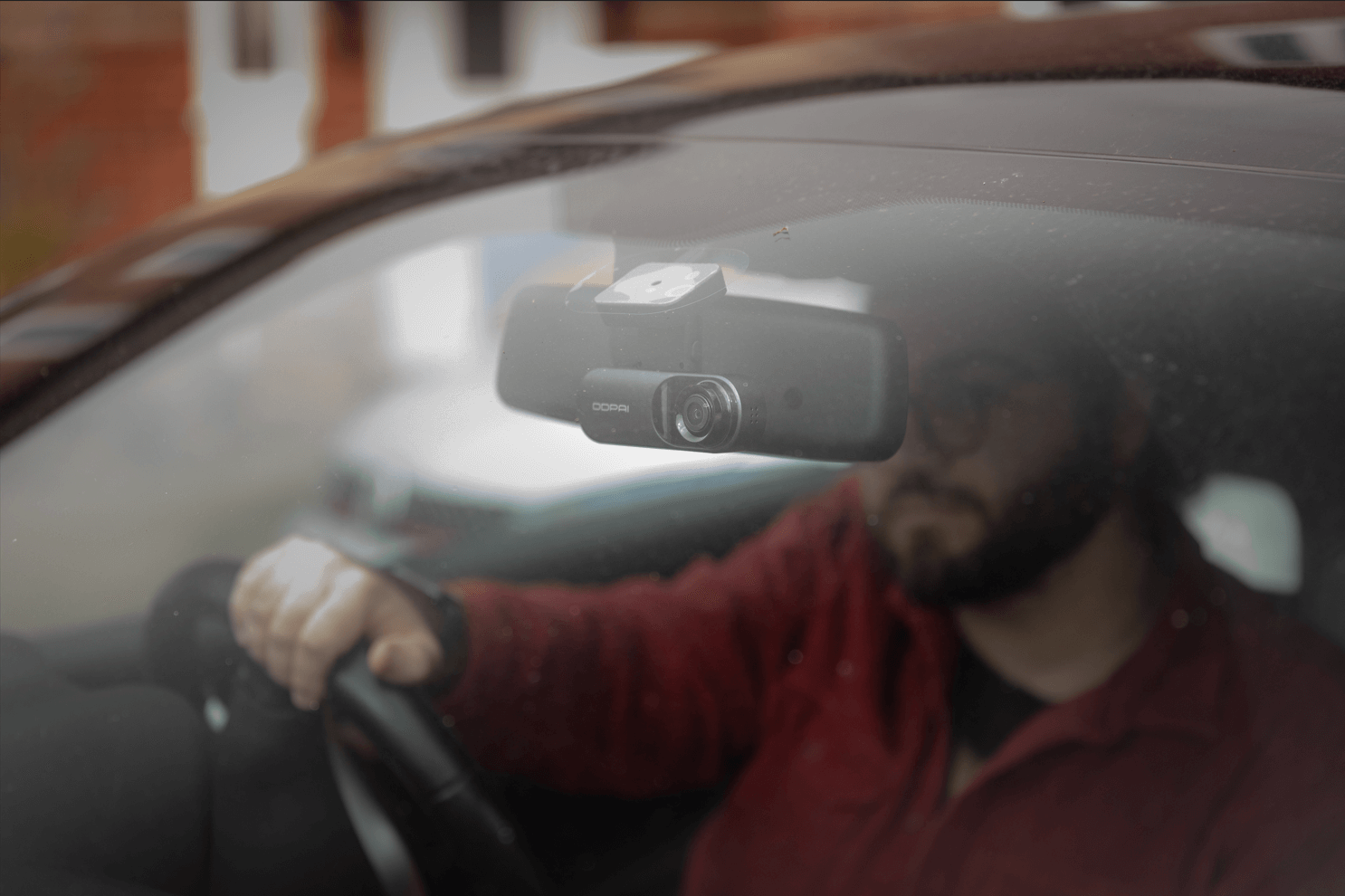Dash cams, also known as driving recorders, are becoming increasingly popular among drivers for their ability to capture video footage of the road ahead. While they can be a useful tool for providing evidence in the event of an accident or capturing a scenic drive, there are also privacy implications to consider.
In this blog, we will explore the privacy implications of dash cams and what you need to know before installing one in your vehicle.
Recording Audio and Video
One of the primary concerns with dash cams is the recording of audio and video. While video footage of the road ahead can be useful in the event of an accident, it may also capture audio or other personal information. This raises concerns about privacy violations and the potential misuse of this information.
In some jurisdictions, it is illegal to record audio without the consent of all parties involved. If your dashcam records audio, it's important to be aware of the laws in your area and ensure that you are in compliance.
Capturing Personal Information
In addition to audio, dash cams may also capture other personal information, such as license plates, faces of pedestrians or other drivers, and even GPS location data. While this information can be useful in the event of an accident, it can also be misused by third parties.
For example, a dash cam recording could be used to track a person's movements, or license plate data could be used to identify a driver's home address. It's important to be aware of the potential for misuse of this information and take steps to protect your privacy.
Sharing Footage Online
Another concern with dash cams is the sharing of footage online. While some drivers may share footage of beautiful drives or interesting encounters on social media, this can also lead to the sharing of personal information or footage of accidents.
If you choose to share dash cam footage online, it's important to be mindful of the potential for privacy violations and ensure that you are not inadvertently sharing personal information or footage of accidents that could be harmful to others.
Protecting Your Privacy
If you are concerned about the privacy implications of dash cams, there are steps you can take to protect your privacy while still using this technology.
First, consider purchasing a dash cam that does not record audio. This will help ensure that you are not violating any laws or capturing personal conversations.
Second, be mindful of the footage you share online. Avoid sharing footage of accidents or personal information, and consider blurring out license plates or faces of other drivers.
Finally, consider the placement of your dash cam. While it may be tempting to position the camera to capture the maximum amount of footage, this could also lead to the capture of personal information or conversations. Consider positioning the camera to capture only the road ahead, or using a dash cam with a wider angle lens to capture more of the road without capturing personal information.
Conclusion
Dash cams are a useful tool for providing evidence in the event of an accident or capturing interesting driving experiences, but they also have privacy implications to consider. It's important to be aware of the potential for privacy violations and take steps to protect your privacy while still using this technology.By choosing a dash cam that does not record audio, being mindful of the footage you share online, and carefully considering the placement of your camera, you can enjoy the benefits of this technology while still protecting your privacy.




Leave a comment
All comments are moderated before being published.
This site is protected by hCaptcha and the hCaptcha Privacy Policy and Terms of Service apply.